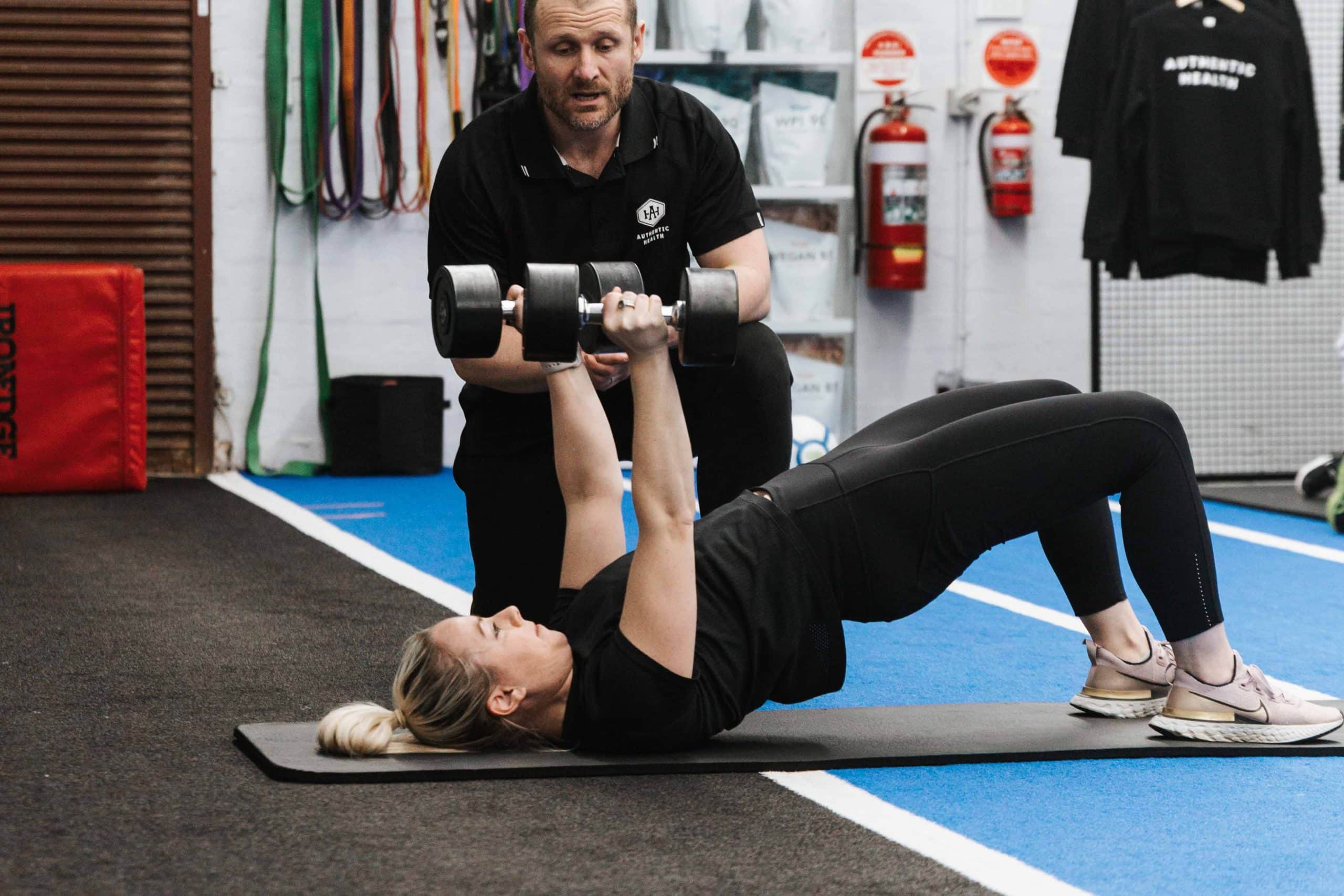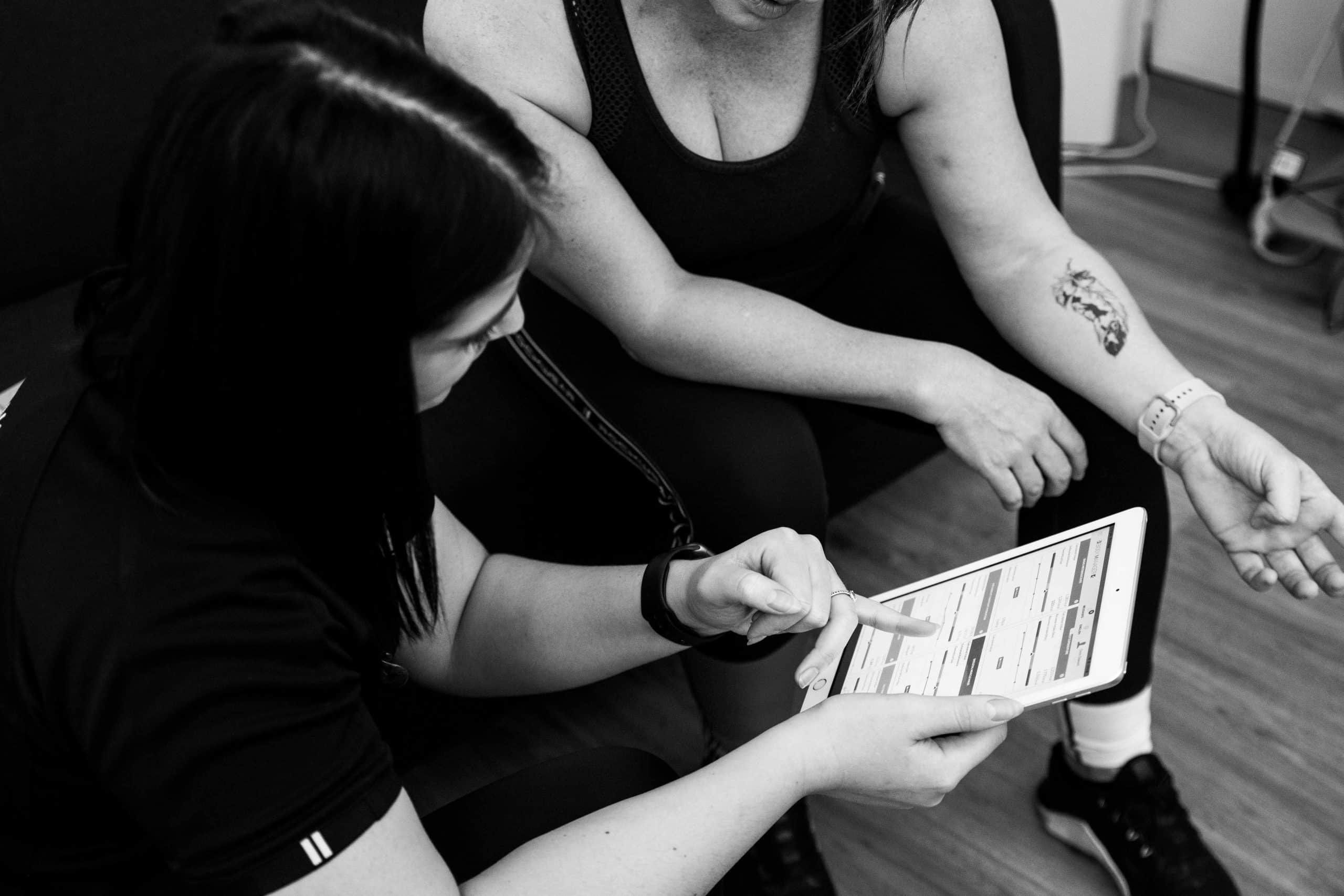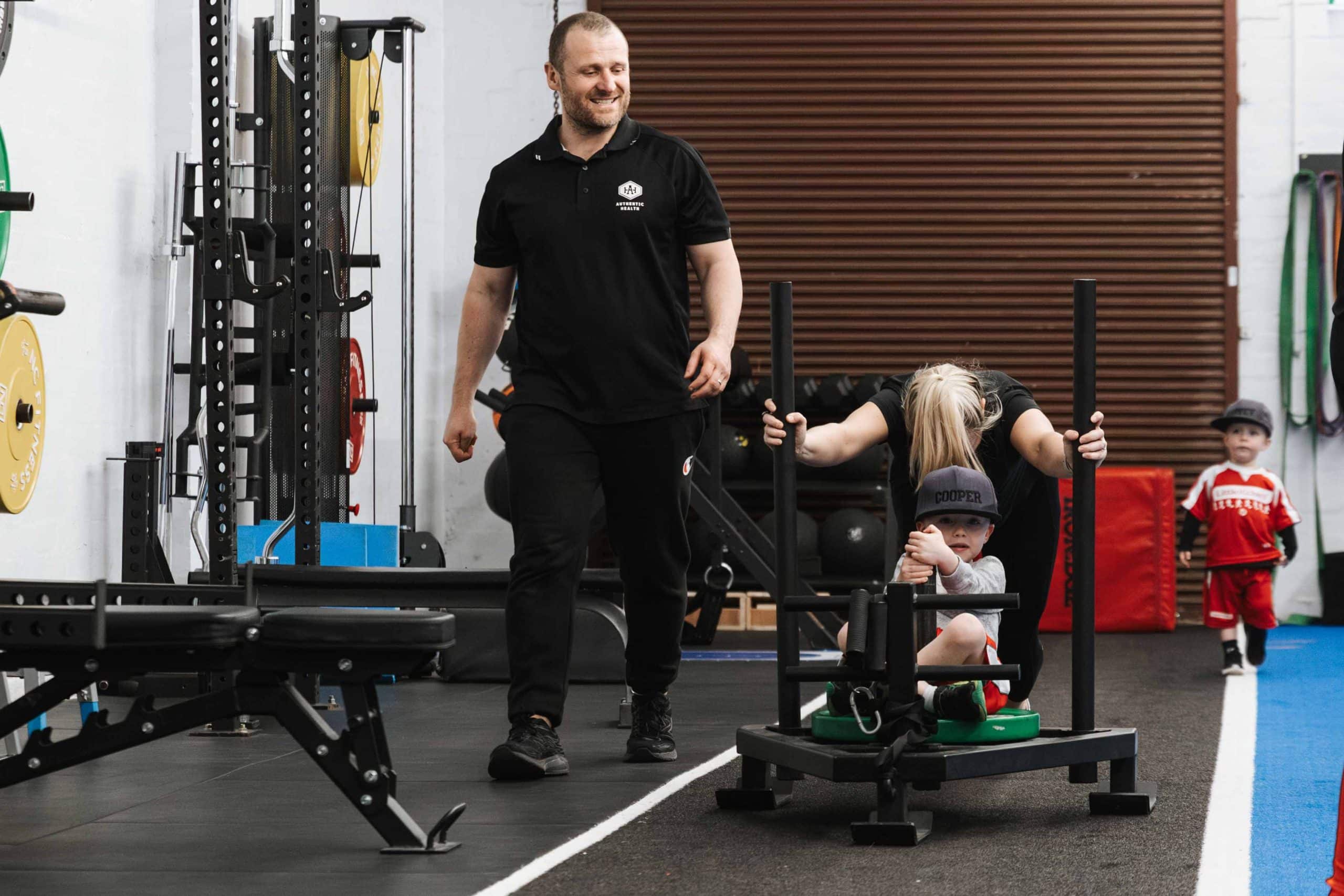Why Is Sleep Important?

When it comes to sleep we tend to find people fall into one of the 4 groups. The first is the person who is not getting enough sleep BUT thinks they operate really well on 5 hours sleep (basically they have forgotten what amazing feels like). The second is the person that knows they are not getting enough sleep but with their current lifestyle is struggling to find ways to improve on their sleep quantity. The third is the person that is getting the 8 hours sleep experts recommend but waking up feeling like they just shut their eyes and NEED that first coffee. Last but not least, the person that’s getting 7-8 hours of quality sleep a night (you can probably stop reading unless you want some really cool facts about sleep). Below we are going to go into detail on 5 of the most common questions we get surrounding sleep.
On cognitive level sleep is known to help with memory and learning. Studies have shown that sleep before learning helps with retention of what’s being learnt and also showed that sleep after learning improved motor skills. Want to retain important information, You might be best served by studying or reading in the morning. Want to learn a new skill like how to dance, squat or paint you might want to make sure you get a good night’s rest.
On a physiological level a study showed that when people were only allowed 5 hours sleep over a 7 day period they had a clear impairment with regards to carbohydrates with the sleep impaired group 40% slower at removing glucose from their blood which could be having a significant effect on the nervous system in regards to our bodies ability to facilitate recovery. So what studies are showing with regards to sleep deprivation is somewhat the equivalent of being prediabetic and your lack of sleep could inhibit your ability to recover from not only our daily life but our physical activities.
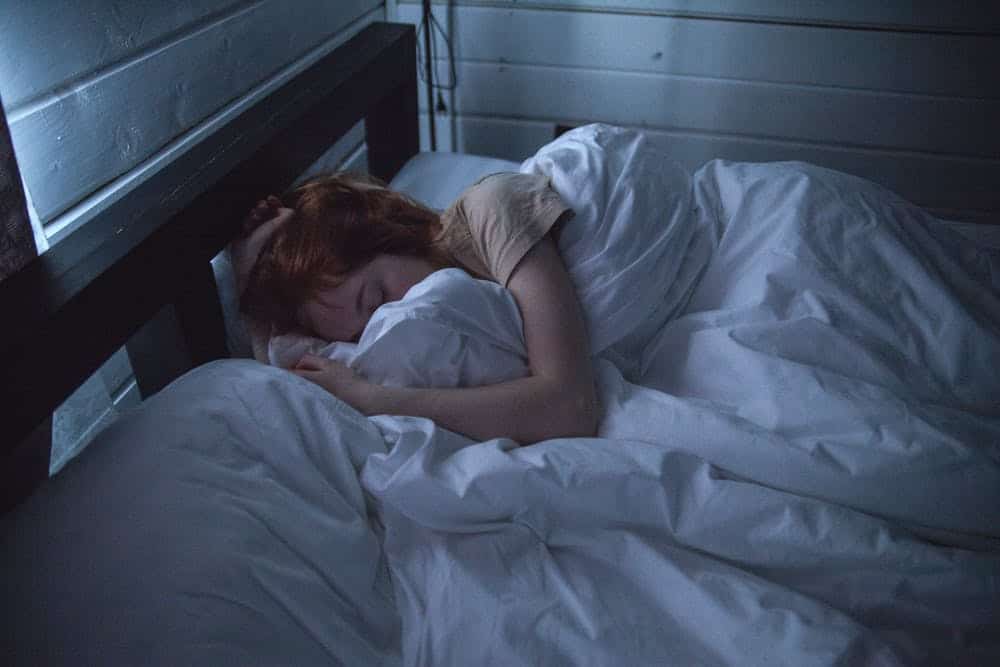
The REM Sleep Cycle
What sleep scientists know about what happens when we sleep is of great interest to those looking to understand how to maximise their health and performance. We know there are 3 non rapid eye movement (REM) stages and 1 REM stage of sleep. Each stage becomes deeper and has different benefits;
REM Stages
Light Sleep:
Our lightest stage of sleep, when we are easily woken, and last for 5-15 minutes. During this stage there is not a great deal of physiological benefit.
Preparing For Sleep:
This stage is typically where our body is preparing for deeper, quality sleep. On a physiological level our heart rate and core body typically decrease, along with muscles relaxing and brain activity slows down with the occasional current of electrical activity.
REM Sleep Cycle:
The dreamy state, typically occurring after 90 minutes of sleep time and recurring longer each cycle. Your mind is now almost as active as when awake and your heart rate and breathing has increased. One cool fact during REM sleep is that the body is paralyized to stop you acting on your dreams. Researchers are still not entirely sure why we dream with some studies though linking dreaming to mental and emotional wellbeing.
How Many Hours Of Sleep Should You Get?
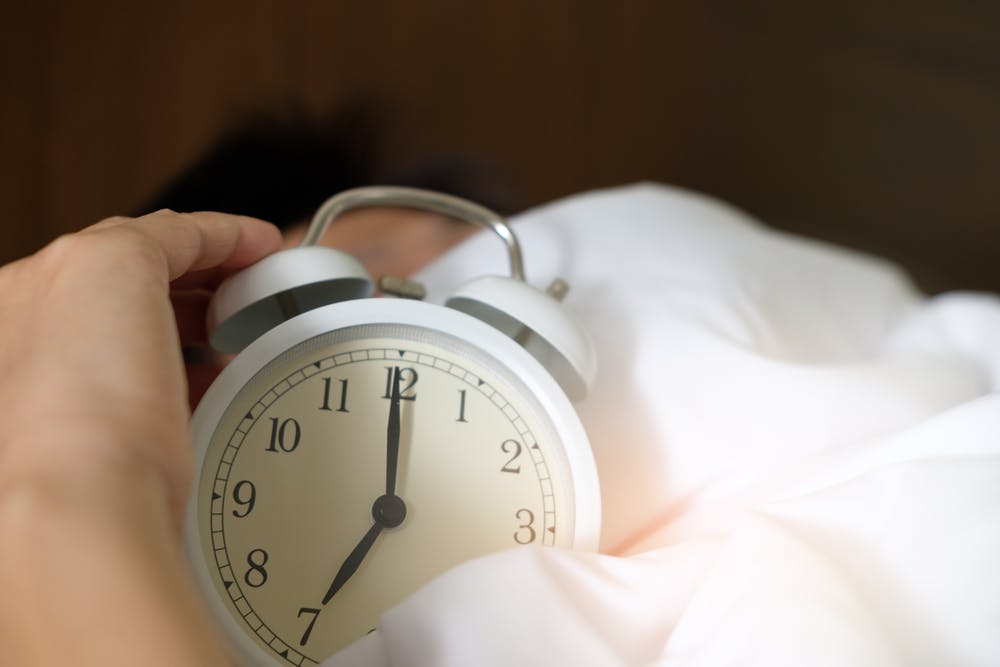
The topic of when we should sleep is an interesting one, especially today where more people are working around the clock. What we know is the human bodies internal clock is linked like all living beings to circadian rhythm. Sleep scientists have identified that light stimulates neurons in the brain and body keeping us awake and alert hence our natural sleep times are closely related between sunset and sunrise, somewhere between 9pm and 6am.
How long should we sleep is one of the most asked questions we get as health and fitness coaches along with are carbs bad, and will lifting weights make me bulky. The short answer when it comes to sleep duration is it depends research is moving towards understanding how our genetics affect the amount of sleep we need. What we do know though is the amount of sleep required for an adult falls somewhere between 7-9 hours and maintaining regular sleep times is of importance for sleep quality.
It’s not uncommon to hear someone say I am sleeping 7-9 hours per night but still waking up feeling exhausted. In today’s society people are more stimulated than ever before and because of this we could be missing valuable time during certain stages of sleep (think back to stage 3) that help refresh both mind and body. In order to combat this sleep expert Matt Walker from the national sleep foundation has some key tips to improve sleep quality;

5 Easy Sleeping Tips To Follow:
-Get daily exercise, just not at the expense of your sleep.
-Set your room temperature to around 18 degrees
-Get sunlight in the morning, avoid light at night (i.e house lights, phones, laptops, tv’s)
-Calm the body before bed using meditation, stretching, or an evening journal.
-Avoid big meals, alcohol, cigarettes, and caffeine before bed

